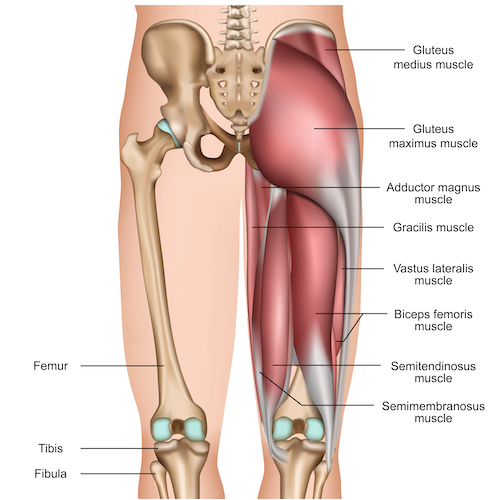Because many conditions can cause similar leg pain symptoms, it is imperative to be properly examined. A detailed health history, followed by a comprehensive examination by a skilled practitioner, can help identify the problem accurately.
Symptoms of leg pain can vary greatly and include: Foot or leg weakness


This condition occurs from the overuse of the Achilles tendon. Your Achilles tendon is a band of tissue that connects your back calf muscles to your heel bone. Achilles tendonitis occurs commonly in athletes who play sports that require quick movements or explosive power.
Symptoms of Achilles tendonitis include:
To prevent Achilles tendonitis, warm up properly before exercise and stretch to keep your muscles flexible. In addition, strengthening the calf muscles and choosing the right shoes can help prevent this condition.
Although herniated or bulging discs are conditions of the spine, they can cause pain in the leg. When a disc is herniated, it can compress or irritate nearby nerves causing significant pain. When this occurs, the pain can radiate down to the foot, causing a sharp, shooting pain. This is known as sciatica. Sometimes sciatica can be so severe it interferes with daily activities such as walking, running, and sitting.
Occluded blood vessels, also known as clots, are a blockage of the artery or vein caused by a build-up of plaque. These clots can cause pain and swelling in one or both legs. Activities such as sitting or standing for long periods of time can increase the chance of clots forming. Injury to the blood vessels, diabetes, and smoking, can also contribute to occluded blood vessels.
